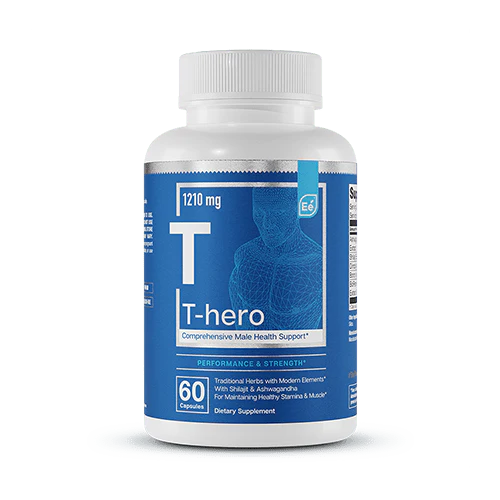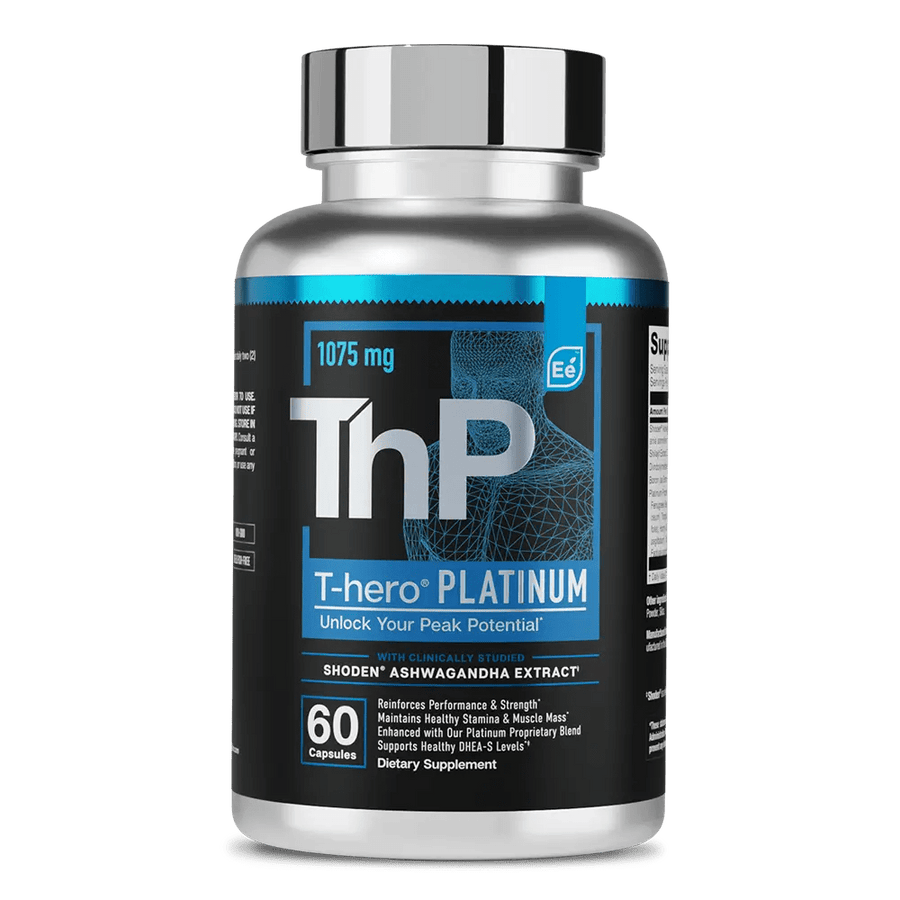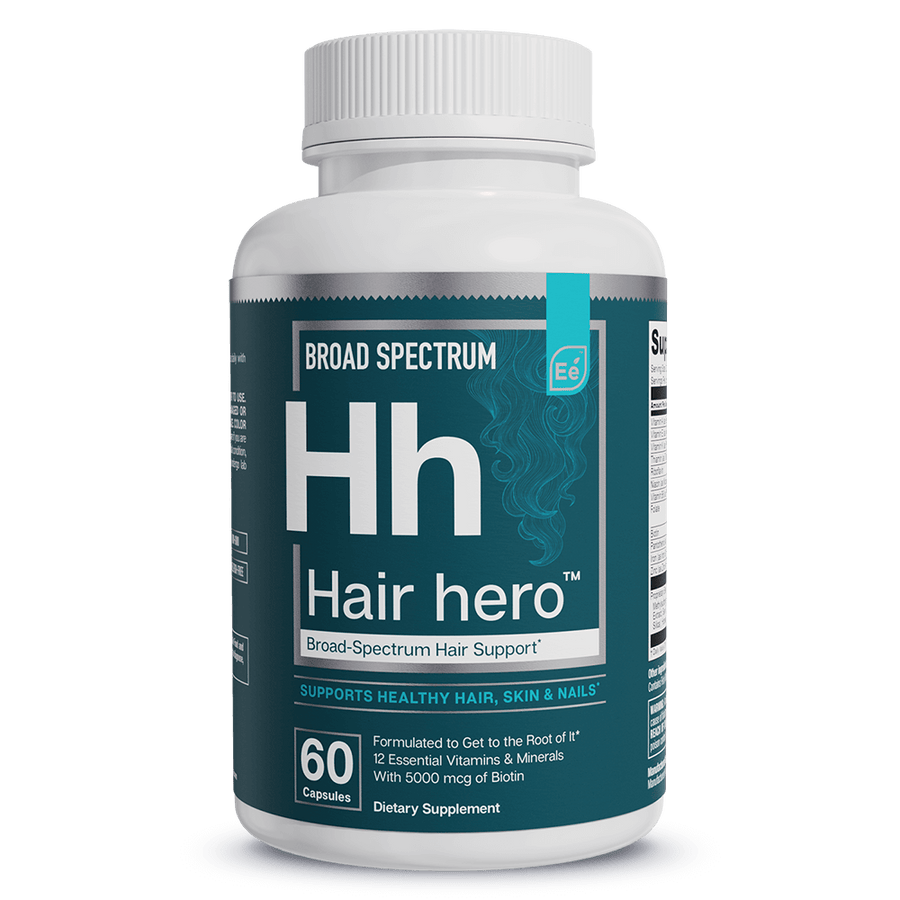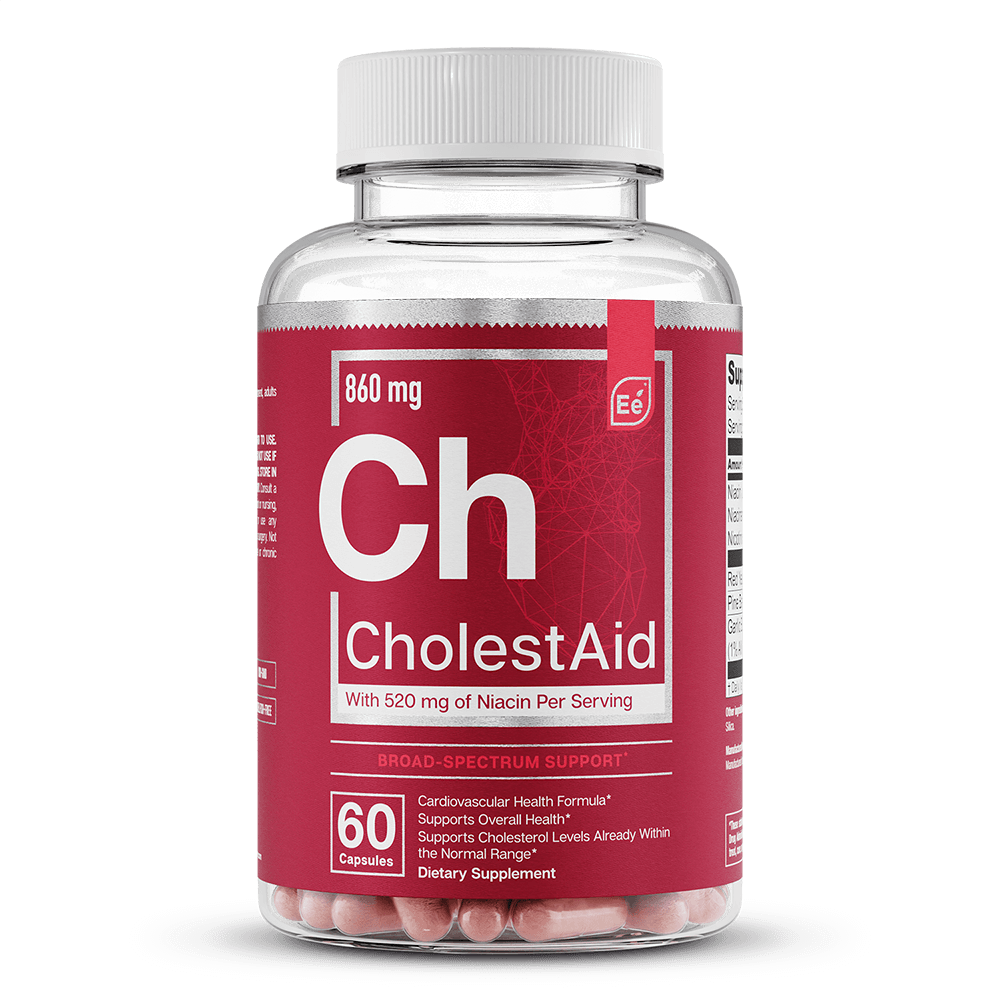The Link Between Sleep and Testosterone
Key Takeaways
-
Direct Link: There is a definitive scientific link between sleep quality and testosterone production. Most of the body's daily testosterone is produced during sleep.
-
Impact of Deprivation: Restricting sleep to five hours per night can decrease testosterone levels by 10-15% in just one week.
-
Recommended Duration: Most adults need 7 to 9 hours of uninterrupted sleep per night to support optimal hormone function.
-
Cortisol Connection: Lack of sleep increases the stress hormone cortisol, which has an inverse relationship with testosterone and actively suppresses its production.
-
Actionable Steps: Improving testosterone through sleep involves establishing a consistent sleep-wake cycle, optimizing your sleep environment for darkness and coolness, and avoiding stimulants like caffeine and alcohol before bed.
The Role of Sleep in Hormone Regulation
Your body operates on an internal 24-hour clock known as the circadian rhythm. This cycle is fundamental to your endocrine (hormone) system.
During sleep, your brain coordinates the release of essential hormones. For men, the majority of testosterone production is synchronized with deep sleep cycles. Scientific studies confirm a clear circadian pattern for testosterone, with levels peaking in the early morning following a full night of rest. This natural rhythm means that consistent, restorative sleep is non-negotiable for naturally balanced hormone levels.
How Does Sleep Deprivation Impact Testosterone?
The scientific consensus is clear: a lack of sleep definitively lowers testosterone. This happens through two primary mechanisms:
-
Disruption of Sleep Cycles: Testosterone production is closely linked to specific deep sleep stages, particularly NREM Stage 3 and REM sleep. When these cycles are shortened or fragmented, hormone production is immediately impaired. A landmark study in the Journal of the American Medical Association (JAMA) found that limiting sleep to five hours per night for one week alone decreased daytime testosterone levels by 10% to 15% in healthy young men.
-
Increased Cortisol Levels: Sleep deprivation raises levels of cortisol, the body's primary stress hormone. Cortisol has an inverse relationship with testosterone; as cortisol rises, it can actively suppress the body's reproductive axis, further inhibiting testosterone synthesis.
To answer the question of how much sleep is needed to increase testosterone, evidence points to the standard recommendation: 7 to 9 hours of quality, uninterrupted sleep per night.

How to Improve Sleep Quality for Better Testosterone
Implement these practical sleep hygiene strategies to support your body's natural nightly restoration process.
1. Establish a Consistent Sleep-Wake Cycle
Your body thrives on routine. Going to bed and waking up at the same time every day—even on weekends—reinforces your circadian rhythm.
-
Action: Create a relaxing, screen-free "wind-down" period for at least 30-60 minutes before bed to signal to your brain that it's time to sleep.
2. Engineer Your Ideal Sleep Environment
Your bedroom should be a sanctuary optimized for rest. Focus on three key factors:
-
Temperature: Keep your room cool, between 60-67°F (15-19°C). A slight drop in core body temperature helps initiate sleep.
-
Light: Use blackout curtains, cover electronic lights, or wear a sleep mask. Darkness is a critical signal for your brain to produce melatonin.
-
Sound: Use earplugs or a white noise machine to block unpredictable noises that can fragment sleep.
3. Mind Your Diet and Habits Before Bed
What you consume in the hours before bed significantly impacts sleep quality.
-
Avoid Stimulants: Cut off caffeine intake at least 8 hours before your intended bedtime.
-
Limit Alcohol: Alcohol disrupts sleep architecture, particularly REM sleep, leading to less restorative rest.
-
Rethink Late Meals: Avoid heavy, spicy, or fatty meals close to bedtime. If hungry, opt for a light snack like Greek yogurt or whole-grain crackers.
When to Seek Professional Guidance
If you consistently struggle with sleep despite implementing these strategies, consult a healthcare professional. Symptoms like loud snoring, gasping for air during sleep, or persistent morning headaches could indicate sleep apnea, a serious condition requiring medical evaluation.
Frequently Asked Questions (FAQ)
Q: Does taking a nap help with testosterone levels?
A: A nap does not trigger the significant testosterone release linked to a full night's deep sleep. However, short naps can help lower cortisol levels, which indirectly supports a healthier hormonal environment. Naps are a useful recovery tool but not a replacement for adequate nightly sleep.
Q: Can sleep apnea affect testosterone?
A: Yes, significantly. Obstructive sleep apnea (OSA) causes fragmented sleep and reduced oxygen levels. This combination disrupts deep sleep and places major stress on the body, both of which are strongly linked to lower testosterone levels.⁵
Q: How long does it take for better sleep to improve testosterone?
A: The body can respond relatively quickly. Hormonal improvements can often be measured within days of restoring adequate sleep. Consistently achieving 7-9 hours of quality sleep for a few weeks is a realistic timeframe to notice tangible benefits.
Conclusion: Prioritize Sleep for Hormonal Health
The scientific link between sleep and testosterone is undeniable. Sleep is an essential biological function that directly governs hormonal health. By implementing consistent, healthy sleep practices, you provide your body with the foundational support it needs to function optimally. Taking control of your rest is one of the most powerful and natural strategies for supporting long-term vitality and wellness.





